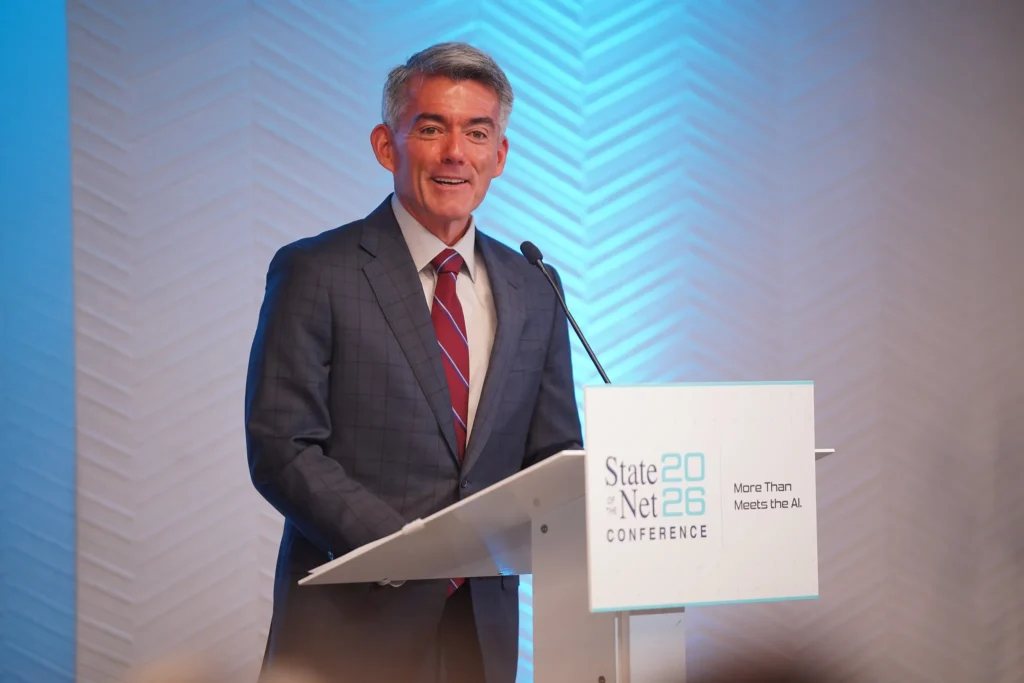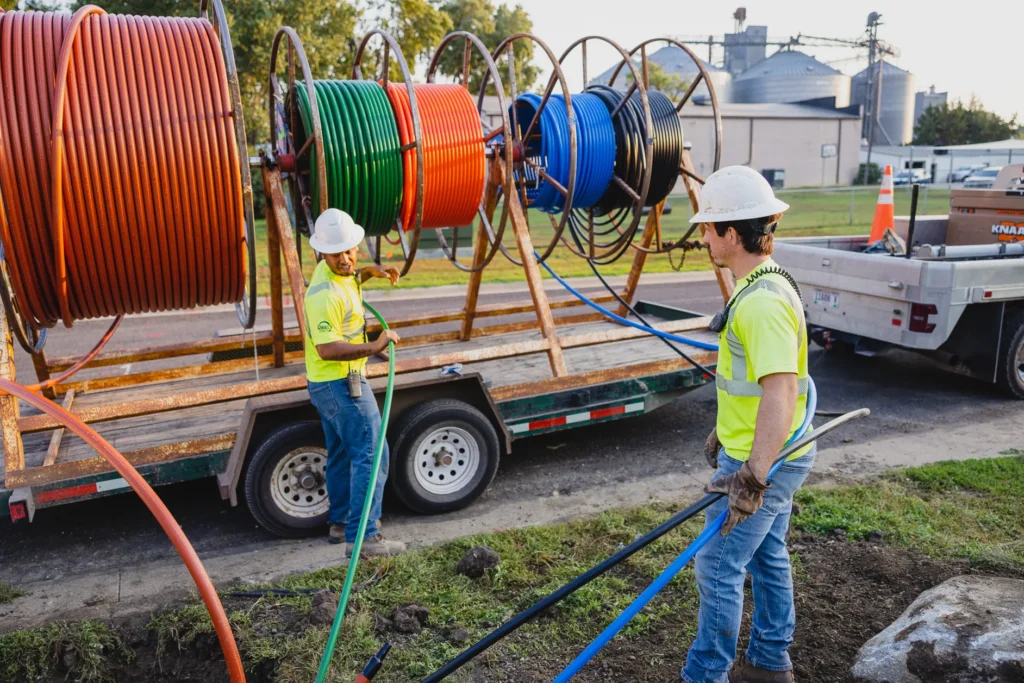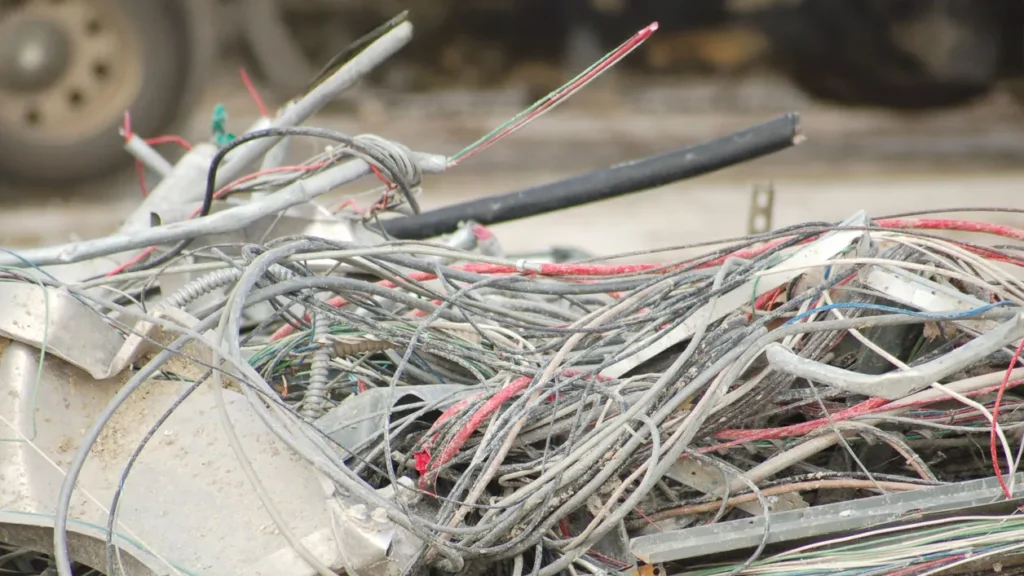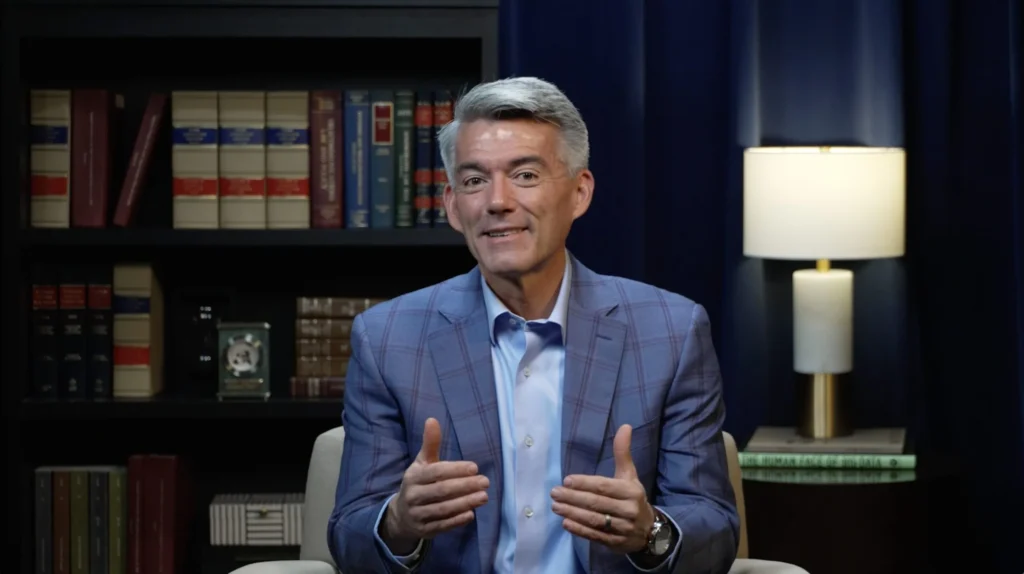Last month, NCTA welcomed its newest member, Mega Broadband, which provides high-speed internet, video, and voice services to communities and rural areas throughout the U.S. We spoke with CEO Phil Spencer about the company’s commitment to connecting rural America and making sure no one is left behind in the digital age.
What unique challenges does a cable operator working in smaller and more rural markets face versus one in more dense and urban markets?
Our philosophy is that we’re going to bring equivalent broadband speeds and quality to rural parts of the United States. We’re not going to make excuses. But it comes down to capital expenditures. You’re doing the same work and spending the money, but you’re only getting half the homes passed per mile and in some cases, even a fifth of the homes passed per mile, for doing the same work. The demand for broadband services in rural America is very robust.
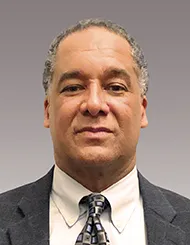
The average age in our markets are anywhere between five and seven years older than average, and in some cases, 10 years older. Older demographics typically have less disposable income, due to an agricultural economy and retired people on a fixed income. However, one of the things that I tell our employees is to not assume just because people are older, they don’t want robust internet service. When I take our kids to grandma’s house in Alabama, the first thing they ask her when they get out of the car is, “What’s the Wi-Fi password?”
Also, streaming in our markets is not as prevalent as it is in some bigger markets now. I see it as many of our customers are five years behind trends. For example, we are just now experiencing the uptick in streaming video in our markets. This creates lots of long-term opportunities for us as adoption continues to increase.
What policy issues are in the forefront of your mind right now?
The biggest challenge for us would be any kind of regulations on broadband. We’ve elected to deploy our capital without any government funding and are willing to risk our capital. We think we offer great prices, are very competitive and we’re trying to earn every customer that we possibly can. And for a regulatory body to dictate our services, rates or how we deploy our capital would significantly slow our investment. We couldn’t deploy any more capital.
What is your view on closing the digital divide and getting broadband to the most rural of customers?
If you don’t have internet access, you can’t fill out a job application. To apply for a job even at McDonalds, they don’t hand you a piece of paper. They ask you go to www.McDonalds.com/ClintonSouthCarolina and fill out the application. You can’t apply for a job, you can’t buy an airline ticket, you can’t book a hotel or even complete homework assignments. There’s a lot of things that you cannot do without a robust internet connection. We want to fix that. There is a moral, ethical and economic piece to providing broadband services.
We’re going to fill this gap and do it with our own capital, offer a great product along with providing outstanding customer service.
Businesses often require significant bandwidth and speeds. How do you service business and commercial customers with specialized services?
Many rural businesses don’t have the bandwidth, the capacity, or the reliability with DSL. So, we will build fiber all the way to the premise at our expense. We spent as much as $2 million to serve one customer. The customer told us they had unreliable service and couldn’t conduct business the way they needed to. We have deployed millions of dollars on fiber builds to get to commercial customers that need a robust service. We want to serve the local business community with broadband services so they will stick around, hire more people, create better jobs and have thriving business communities. That’s a win for the community. It’s a win for us.
Since you’ve been in the industry for a while, what changes have you seen? What do you see happening next?
Since I started in 2001, I think about the reinvention of the cable industry. The broadband capacity in your house today is more than what an entire law office would have had in the early 2000s. At one point, the bandwidth demand was literally doubling every 18 months. I remember how big of a deal HDTV was, and then it was the DVR. And now, we’re asking when can I get a gig, or when can I get 10 gig speeds?
I just think the trends are clear. Streaming and the bandwidth demand are just going to continue to grow. If I take my four kids and put them in a room and say dad only has 100 bucks a month and we have three choices – you can have heat, lights or internet – which one do you want? Is that even a conversation?


